Andrei Rublev
- decapvada
- Mar 18, 2024
- 3 min read
If a work is a view into the artist, then the films of Russian auteur Andrei Tarkovsky may be the clearest window. Forever searching for the true form of artistry often through the lens of the faith of humankind, Tarkovsky’s work is mediative, contemplative and full of humanity, a reflection if you will, of the soul.
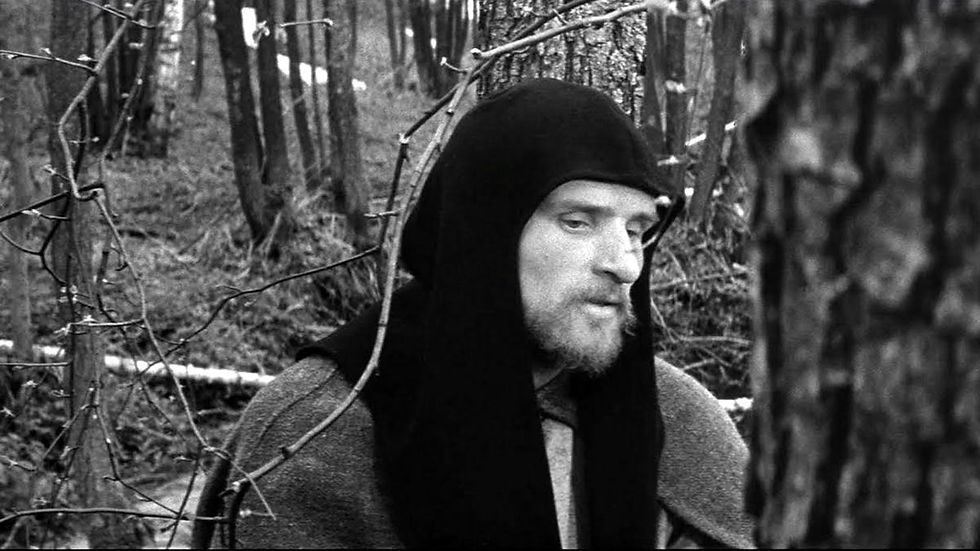
Andrei Rublev, his second feature, is a 1966 epic biographical historical drama. It is also one of the greatest films in the history of cinema. Tarkovsky may be just as well known for the slow pace and incredible photography of his later films, but Andrei Rublev, together with Ivan’s Childhood, his first feature, are his most accessible.
After the release of Deni Villeneuve's Dune Part Two in 2024 the director stated that he felt that cinema had been infected by television, that dialogue had become the easy way out for film-makers to express their ideas, that cinema and its grand visionary style had been forgotten (in mainstream cinema, at least.) Indeed, I have become frustrated with watching characters walking and talking in Christopher Nolan’s later films. Whether you ask the studios or the writers, it seems that audiences are not trusted.
It reminded me of Tarkovsky’s works, which are for all intentions, metaphorical and vague. These are films that are designed to be interpreted and with that comes an elegant style of storytelling and cinematography. Tarkovsky himself has said that it pleases him when his viewers extract a different meaning from his films to how he intended them and that truly is a wonderful thing. His films are often dream-like style and have the potential to be utterly transcendent in their interpretation.
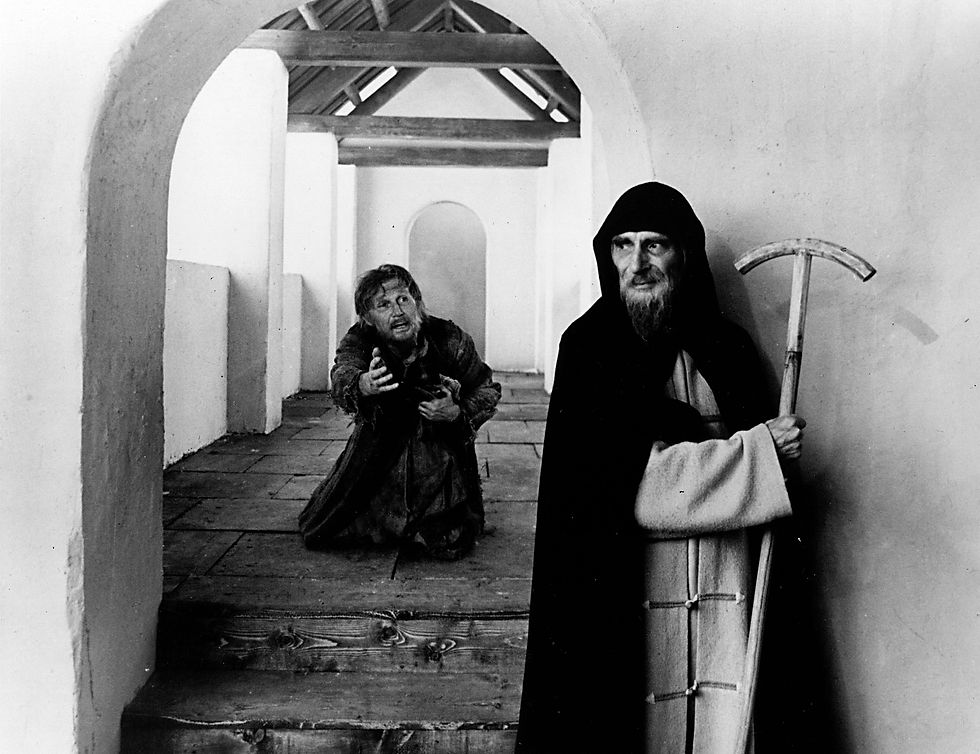
While not as personal as Tarkovsky’s Mirror, Andrei Rublev may be his most visually intense. Told through a series of episodes, the titular Andrei Rublev, an icon painter in medieval Russia, experiences first-hand the brutality of the era as the value of his work is brought into question through personal reflection while also being exploited by others.
And what is the value of art to others? Some desire art to be created for them to celebrate their achievements or positions. Some admire its beauty and see it as a reflection of their perception or self. Some see art as a hobby only, a mechanism, a physical act for creation and others view art as something intangible, spiritual and yet profound. Finally, some see art as a representation of an idea and to some, that is dangerous, as what that idea can represent can be destructive to one’s world. Art can be as dangerous as it can be meaningful especially when it is not being interpreted in line with the creator's vision or beliefs.
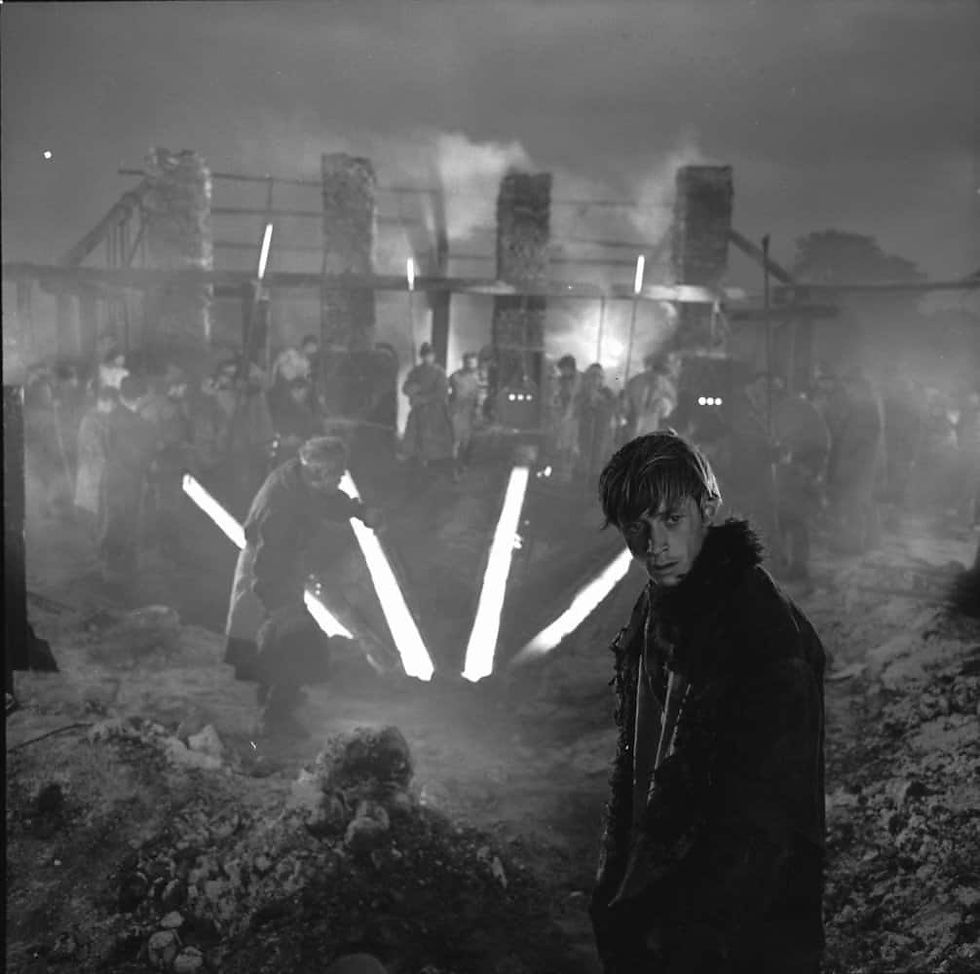
Is one ideal more important, more relevant than the other? A lesser film would give you an answer. Instead, Andrei Rublev tells its story across a narrative of beauty, weirdness and brutality and like real life, there is no true sense of order or pace. It is a series of interlinked events from which the throughline is to be extracted. What Andrei Rublev has to say about the human soul will differ from viewer to viewer, and for me this film truly represents the struggle of the artist and how faith intersects with the very nature of the creation of art. What kind of faith, however, I think is a very personal thing to ask.
Like Stalker, Andrei Rublev is concerned with the very heart and soul of the creator and how life’s most testing moments can affect, for good or for ill, the processes that lead to the eventual birth of our art. Tarkovsky himself believed that inspiration cannot be found, it can only find us. Truthful art, real art, the kind that seeks to speak to us honestly, cannot be made for reason, but because it must be made. Because the artists' very existence is to create and without the will to create there is only silence.
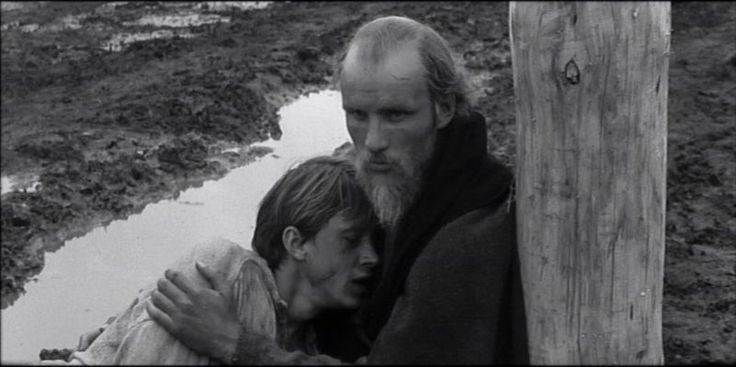
The human will is a fascinating concept. Through self-belief, it can make us achieve the unbelievable.



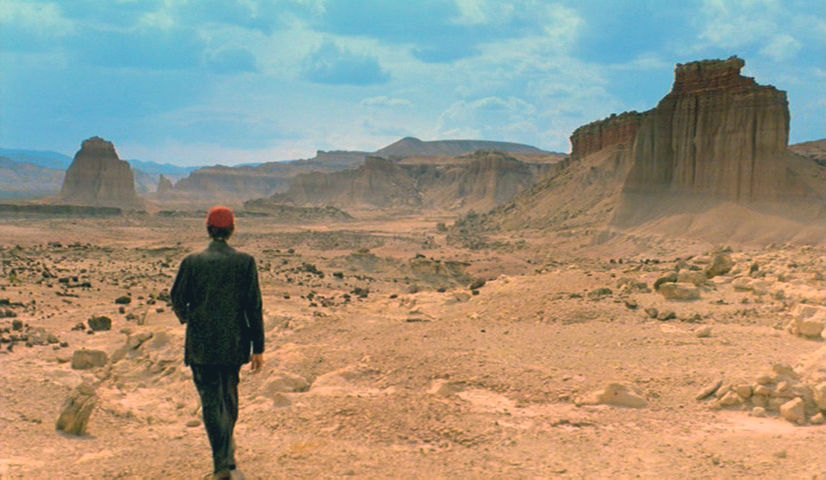
Comments